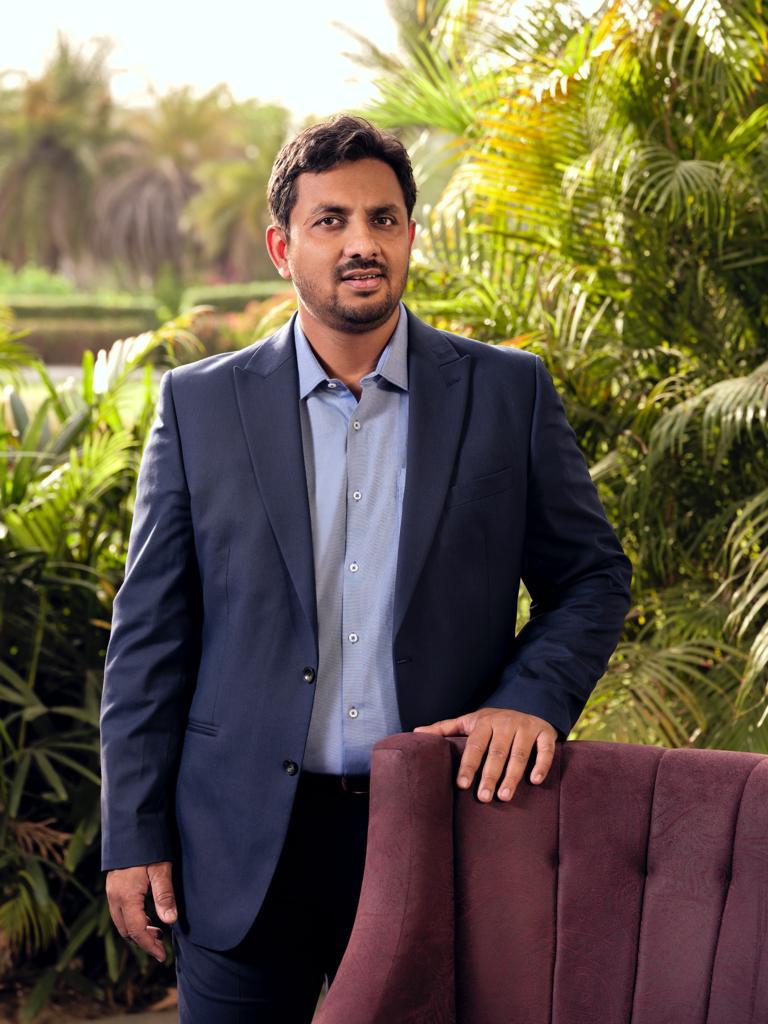RIYADH: It is no secret that small businesses struggle with obtaining funds to expand, with one avenue being particularly tricky in the region: Trying to rely on a national bank for help.
While things are improving, they are not doing so quickly enough. These longstanding problems have inspired Nosaibah Alrajhi, a former investment banker, to launch Forus, a Shariah-compliant peer-to-peer lending platform that she hopes can help bolster Saudi Arabia’s economic growth and enrich both business owners and small investors.
“It’s very straightforward: We bring together investors and SMEs (small and medium enterprises). Crowdlending will provide a steadier and safer return than say, investing in stocks or investment funds,” said Alrajhi, who serves as co-founder and chief executive.
“If you compare it to real estate, for example, you need a lot of cash upfront to invest in property, but with P2P (peer-to-peer) lending it provides almost everyone with the opportunity to invest and get a return.”
Having received a special license in July 2019, Forus will launch its platform in early 2020. For investors, it is quick and easy to register: You just need to complete a standard know-your-customer (KYC) process, and you will then be able to lend SR500 ($133) to SR10,000 to whichever companies you choose.
For would-be borrowers, Forus will undertake a credit and risk analysis that usually takes about 10 days.
“We do all the due diligence, and once companies meet our benchmarks, they’re listed on the platform, giving investors — individual and institutional — the opportunity to lend them money,” said Alrajhi. “We call it income investments — investors get their money back, plus fees.”
Companies listed on the online platform are rated according to risk — the bigger the risk, the larger the return for lenders. Companies can borrow up to a maximum of SR2 million.
“Investors can look at the companies’ financial reports, their strategy, their team, their products, as well as specific financial ratios that will help them make their decision,” said Alrajhi.
A company will request to borrow a certain amount, and once this is fully pledged by investors, it will receive the loan. Forus, in turn, earns a small commission. Loans are for six to 48 months.
“Our marketplace is providing investors with diversified alternative options (for) investing, while businesses are empowered with an opportunity to grow and scale,” said Alrajhi.
“We achieve this by minimizing friction, streamlining the customer experience and providing a seamless, secure and transparent platform.”
Alrajhi holds an MBA from Madrid’s IE Business School, where her research led her to spot a gap in the market for a fintech-based, P2P lender in Saudi Arabia.
“If you look at the market today, there’s only a few banks who are willing to lend to SMEs, which banks see as quite high risk,” said Alrajhi. “In Saudi, there are roughly 16,000 SMEs looking for loans.”
Forus uses a murabaha — cost plus financing — structure for its loans, which are not interest-bearing and so are Shariah-compliant.
In English, Shariah-compliant lending will refer to a profit rate rather than an interest rate, although in Arabic there is no such linguistic distinction.
Nevertheless, Forus’s loans are Islamic. “In Saudi, the biggest market is for Shariah-compliant financial services,” said Alrajhi.
She hopes her platform will provide a win-win for investors and SMEs — investors can earn a bigger return on their money, while SMEs can obtain the funds needed to expand their operations and increase profits.
In the longer term, Forus plans to expand to Egypt and Pakistan, but for now Alrajhi’s focus is firmly on her native Saudi Arabia.
“One of the main impacts we aim to have is transparency, which will then enable financial inclusion and help increase GDP (gross domestic product),” she said.
“We’ve talked to so many SMEs, and we found that almost all are facing challenges when it comes to borrowing.”
She leads a team of 10 staff at Forus, and is a female trailblazer in the Kingdom’s male-dominated financial services sector and more broadly in Saudi Arabia, where women constitute less than 25 percent of the workforce.
“Within the next five years, Saudi’s financial sector will look completely different,” said Alrajhi.
This report is being published by Arab News as a partner of the Middle East Exchange, which was launched by the Mohammed bin Rashid Al Maktoum Global Initiatives and the Bill and Melinda Gates Foundation to reflect the vision of the UAE prime minister and ruler of Dubai to explore the possibility of changing the status of the Arab region.
































